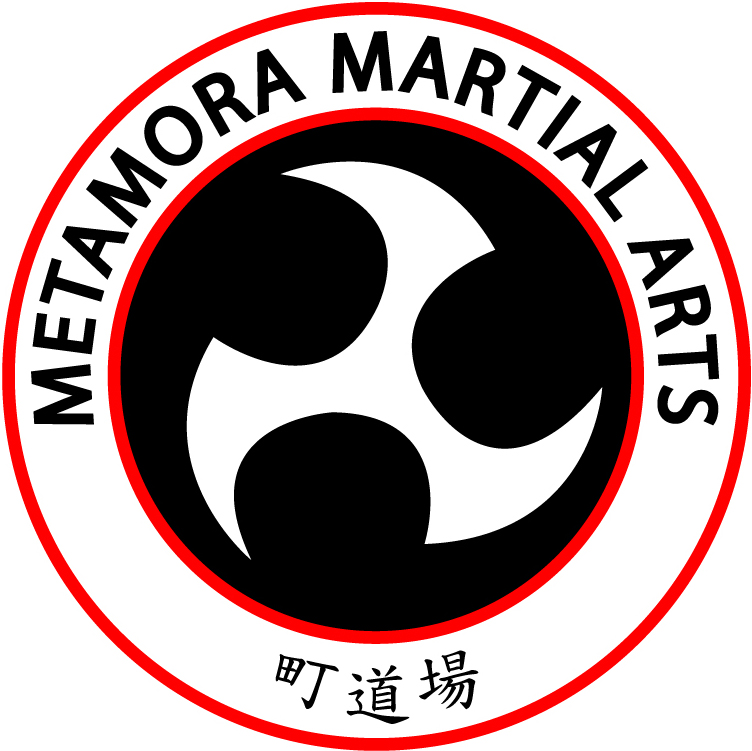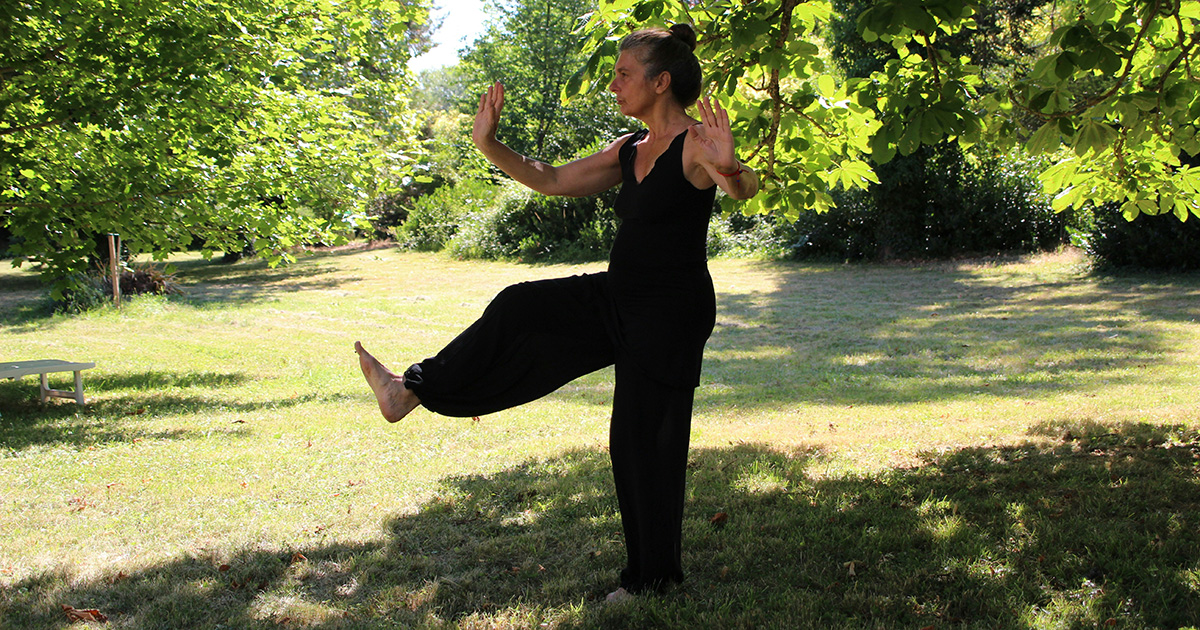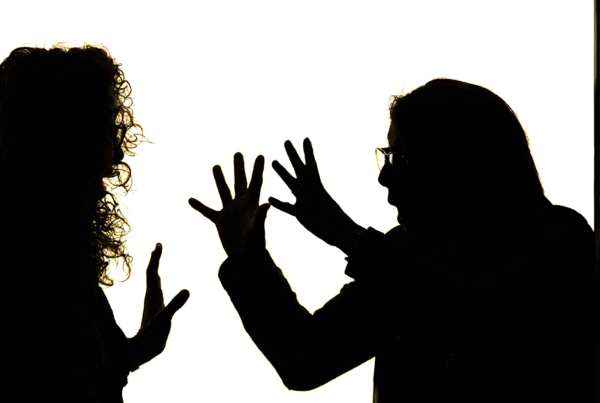In martial arts, as in life, there are no shortcuts to success.
We’ve heard this over and over again from people in all walks of life.
“There are no shortcuts—everything is reps, reps, reps.” – Arnold Schwarzenegger
“It will take you less time and effort to do a thing the difficult way than it will to buy, try and discard all the shortcuts.” – Seth Godin
“If you spend too much time learning the ‘tricks’ of the trade, you may not learn the trade. There are no shortcuts. If you’re working on finding a shortcut, the easy way, you’re not working hard enough on the fundamentals. You may get away with it for a spell, but there is no substitute for the basics. And the first basic is good, old-fashioned hard work.” – John Wooden
Progress is built on consistent effort, and every practice session adds to the foundation of your skills.
“Practice isn’t the thing you do once you’re good,” says Malcolm Gladwell. “It’s the thing you do that makes you good.”
For martial arts students, getting regular reps in at home is just as important as attending class.
It’s the secret to remembering techniques, building muscle memory, and advancing to the next level.
Why Is Practicing Important?
Practicing at home is one of the most important habits a martial arts student can develop.
Not only does it reinforce what’s taught in class, but it also plays a crucial role in memory retention and skill development—especially for children.
The benefits go far beyond just learning techniques; regular practice builds discipline, boosts confidence, and strengthens both the mind and body.
Practicing at home isn’t about perfection.
It’s about progress.
Every rep brings students closer to their goals, both on and off the floor.
But let’s face it—practicing at home can be challenging, especially when distractions are everywhere and routines may be interrupted:
- Homework
- Other extracurricular activities and sports
- Meal times
- Bed time
So in this post, I wanted to encourage regular practice at home by explaining the benefits of doing so, and what not practicing can cost you.
5 Reasons Why You Should Practice At Home
1. Reinforce Progress
Every time you practice at home, you’re making progress, even if it feels small.
It helps you remember everything you’ve learned in class and sets you up to perform your best when you return.
Consistent and focused effort over time is the foundation of mastery.
The more these pathways are reinforced, the more automatic and natural the movements become.
Every session, whether at home or in class, strengthens the brain’s neural pathways related to martial arts techniques.
Practice = progress.
2. Physical Fitness
Practicing outside of class is a great way to stay fit and strong.
Martial arts aren’t just about learning moves—they’re also about building your muscles, improving your balance and coordination, and staying healthy.
Engaging in skill-based activities like karate or tai chi chuan doesn’t just improve physical performance—it enhances focus, memory, and discipline, which can translate to academic success, as well.
The same skills that help students master a form can also help them excel in the classroom, on the field or court, or in our jobs.
The more you practice, the more fit you’ll become!
3. Distraction-Free Time
When you practice at home, you’re taking time away from your phone or TV to focus on something important.
Children and teens spend between 4-9 hours a day on their screens, according to The American Academy of Child and Adolescent Psychiatry.
Too much screen time can potentially lead to:
- Sleep problems
- Less physical activity
- Lower grades
- And much more.
Adults are on screens even more, depending on their jobs.
An article from Stanford discusses the detrimental effects of too much screen time, suggesting strategies for adults to replace screen time with other activities.
Practicing at home is a chance to do something that helps you grow and put energy toward something positive, and it’s a great way to have some time to yourself to get better at something you care about.
4. Building Confidence
The more you practice, the more confident you’ll feel.
You’ll notice your skills improving and you’ll be proud of the work you’ve put in.
When you practice at home, you get a head start on your next big achievement.
Pro tip: research shows that kids learn better when practice is spread out over time rather than crammed into one session.
This is why I’ve always encouraged students to practice a little bit at home every day—even if it’s just 5 minutes during commercial breaks or between other activities.
Those small, consistent efforts can add up to big improvements.
5. Moving To The Next Rank
If you want to move up in rank, practicing at home is key!
Every extra minute you put in brings you closer to reaching your goals.
It helps you build your skills faster so you can show everyone what you’re capable of when testing comes.
Students who take time to practice at home are often driven by personal growth and a desire to achieve.
When they commit to practicing independently, they take ownership of their learning.
This sense of responsibility increases motivation and sets the stage for long-term success.
4 Dangers Of Not Practicing At Home
Let’s say you’ve looked at that list, but you’re still not convinced home practice is beneficial to you.
What happens if you don’t practice outside of class?
1. Slower Advancement
Without regular practice, it can take longer to move up in rank.
The skills you need to test for your next belt require consistent work.
If you don’t put in the effort outside of class, you might find yourself stuck at the same level for longer.
2. Falling Behind Others
If you don’t practice at home, there’s a chance that other students who put in the work will pass you up in rank.
They’ll be moving ahead and achieving more, and you might start feeling frustrated or embarrassed.
After all, it can be discouraging to see your friends who are the same rank as you achieve that promotion while you get passed up.
But if you commit to practicing, you can stay on track and keep up with your classmates!
3. Forgetting What You’ve Learned
Martial arts is about building muscle memory, and without regular practice, you might forget important techniques or forms.
When you forget, it means you’ll have to work harder to catch up next time.
Practicing at home helps you keep everything fresh and sharp.
4. Missing Out on Competitions or Opportunities
Students who don’t practice regularly might find it harder to compete in tournaments or take advantage of other opportunities that come with being at the top of your class.
If you put in the work, you’ll be ready for anything!
Sensei Adam’s Tips For Home Practice
Here are tips I’ve found that help in my own practice.
- Write down at least one thing you learned in class. You can write more, but pick at least one. This can be anything from a light-bulb moment to a simple modification or something you’ve heard a hundred times before but it finally clicked with you. Over time, these notes turn into large volumes of information you can refer back to.
- Practice, even if you’re wrong. I often hear students say they don’t want to practice the wrong thing. I’d rather practice something that’s 60% correct than do nothing. After all, 60% is better than 0%. Practicing movements incorrectly isn’t an excuse to not practice at all.
- Refer to at-home training materials. If your school offers an online resource library (and we do), use it. Print out and read the documents. Organize them into a binder with your notes. Save the pages as bookmarks or the videos as favorites to rewatch them over and over. Cast them from your phone, tablet, or laptop to your TV. It’s not quite the same as being in class, but it’s pretty close.
I hope this post helps you get off your phone or computer and get up to practice!
Photo by Monica Leonardi on Unsplash




